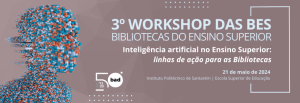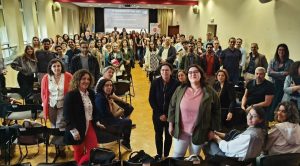
Last Tuesday, 21 May, part of the library team attended the 3rd Higher Education Libraries Workshop, promoted by the Portuguese Association of Librarians, Archivists, Information and Documentation Professionals (BAD), held at the Polytechnic Institute of Santarém. The workshop’s theme was “Artificial Intelligence in Higher Education: Lines of Action for Libraries”.
In the morning, Karen Estlund, Director of Libraries at Colorado State University, gave a presentation on the potential of AI in academic libraries and the planning of different scenarios resulting from the use of AI. This was followed by five simultaneous labs demonstrating the practical use of various AI tools, ranging from chatbots, image and video creation, academic research support, bibliographic searches, content analysis and synthesis, and more.
In the afternoon, the discussion focused on the impact of AI in Portuguese libraries and the necessary adaptations to support users in information literacy, the ethical use of tools, and the development of recommendations to ensure the integrity of academic research.
The Nova SBE Library, in line with the school’s mission and vision for the future, aims to support the development of talent and knowledge that impacts the world. We will soon provide recommendations on best practices for artificial intelligence in the academic context. The involvement of the Nova SBE team reinforces our commitment to staying at the forefront of issues affecting our community. Below are testimonials from our librarians:
“Attending this workshop allowed me to have a much clearer idea of how academic libraries are responding to the rising of AI technology, as well as the challenges and opportunities we are facing both as professionals and as knowledge facilitators.” (Vanessa Silva)
“Artificial intelligence will be a key factor in the development of information science. For this reason, the 3rd GT-BES Workshop was a very important event to stimulate discussion and debate on AI and the future of libraries, as well as an opportunity to explore tools that will soon be part of our daily professional lives. The issues and problems identified will be a good starting point for preparing for the future.” (Daniel Gonçalves)
“The event provided an opportunity to hear about the experiences of a leading library that is effectively using AI tools. We also discussed the advantages and challenges faced by institutions, as well as insights into the feasibility and sustainability of adopting AI technologies in the context of Portuguese higher education. Sharing this information with an engaged audience of colleagues from across the country was both personally and professionally enriching.” (Rayanne Silva)
“This workshop allowed me to find out what is being done with AI in the BES and to realize that we need to keep abreast of innovations and how we can apply them in libraries and for our users.” (Hermínia Martins)

